Breaking the Stigma: How Gen Z is Redefining Mental Health Awareness In 2024

Breaking the Stigma: How Gen Z is Redefining Mental Health Awareness. In recent years, mental health awareness has gained significant traction, thanks in large part to the efforts of Generation Z. This tech-savvy, socially conscious cohort is breaking down barriers and redefining how society approaches mental health. In 2024, Gen Z continues to lead the charge in normalizing conversations about mental well-being, fostering a culture of openness and support.
The Rise of Mental Health Conversations
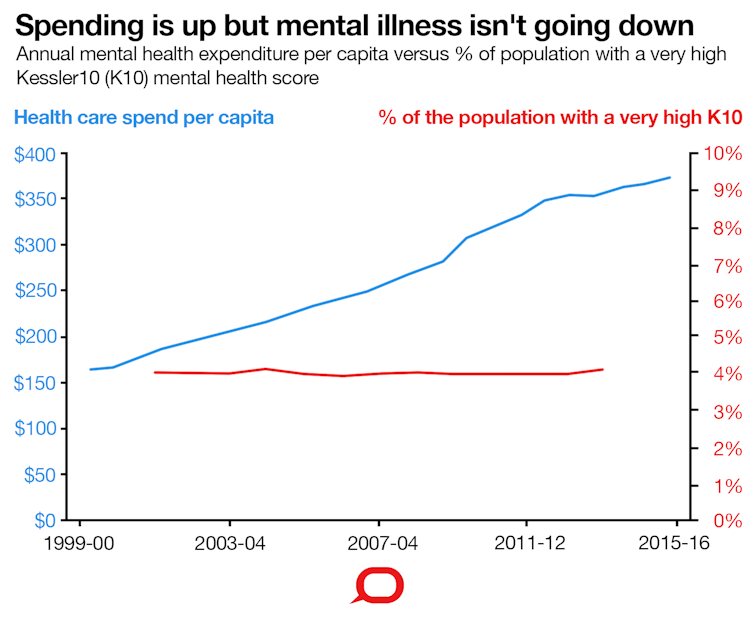
Gen Z, born roughly between 1997 and 2012, has grown up in an era where mental health discussions are more prominent than ever. With the rise of social media, young people are using these platforms to share their experiences, struggles, and coping strategies. This digital age allows for real-time connections and a sense of community, making it easier to talk about mental health issues openly.
Unlike previous generations, who often faced stigma around mental health, Gen Z is dismantling these outdated views. They are advocating for vulnerability and authenticity, encouraging their peers to seek help and prioritize their mental well-being.
Social Media as a Tool for Change
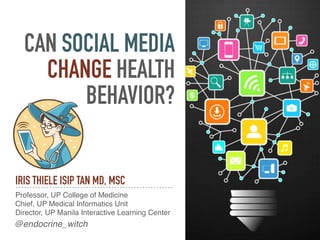
Social media plays a crucial role in how Gen Z engages with mental health topics. Platforms like Instagram, TikTok, and Twitter serve as both a megaphone and a support network. Influencers and mental health advocates use their platforms to share personal stories, discuss therapy, and provide mental health resources. Hashtags like #MentalHealthMatters and #ItsOkayToNotBeOkay have become rallying cries, uniting individuals in their quest for understanding and support.
In 2024, TikTok has emerged as a particularly influential platform, where mental health awareness content often goes viral. Short videos discussing coping mechanisms, anxiety management, and personal experiences resonate with viewers, helping to demystify mental health issues. This visibility is essential for reducing stigma and encouraging open dialogue.
Changing Attitudes Toward Therapy
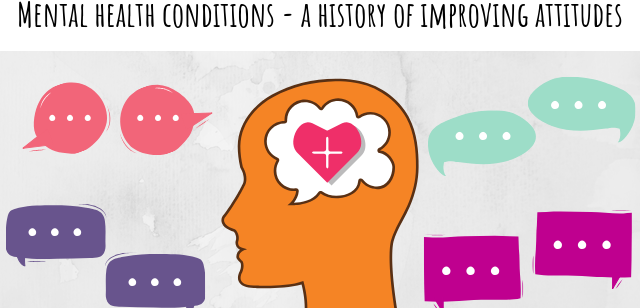
Gen Z is also changing the narrative around therapy. For many in this generation, seeking professional help is not seen as a weakness but as a necessary step toward self-improvement. Therapy apps and online counseling services have made mental health support more accessible, allowing young people to seek help on their terms.
In 2024, the idea of “therapy” has shifted from being an exclusive resource for those in crisis to a common tool for personal development. Young people are advocating for mental health days in schools and workplaces, emphasizing the importance of self-care and emotional well-being. This cultural shift is crucial for creating environments where mental health is prioritized. (Read More : Health Crisis in Canada in 2024: Bacterial Meningitis Outbreak Hits Canadian Communities).
The Role of Education

Educational institutions are adapting to this new wave of awareness. Many schools are incorporating mental health education into their curriculums, teaching students about emotional well-being, coping strategies, and the importance of seeking help. This proactive approach equips young people with the tools they need to navigate their mental health challenges effectively.
In 2024, mental health resources are becoming more integrated into school systems. Counseling services are more accessible, and students are encouraged to participate in workshops and seminars focused on emotional intelligence and resilience. By fostering a culture of support, schools can help reduce stigma and create safe spaces for students to express their feelings. (Read More : Mindful Walking Meditation in 2024: Integrating Mental Wellbeing with Trek Fitness).
Intersectionality and Mental Health
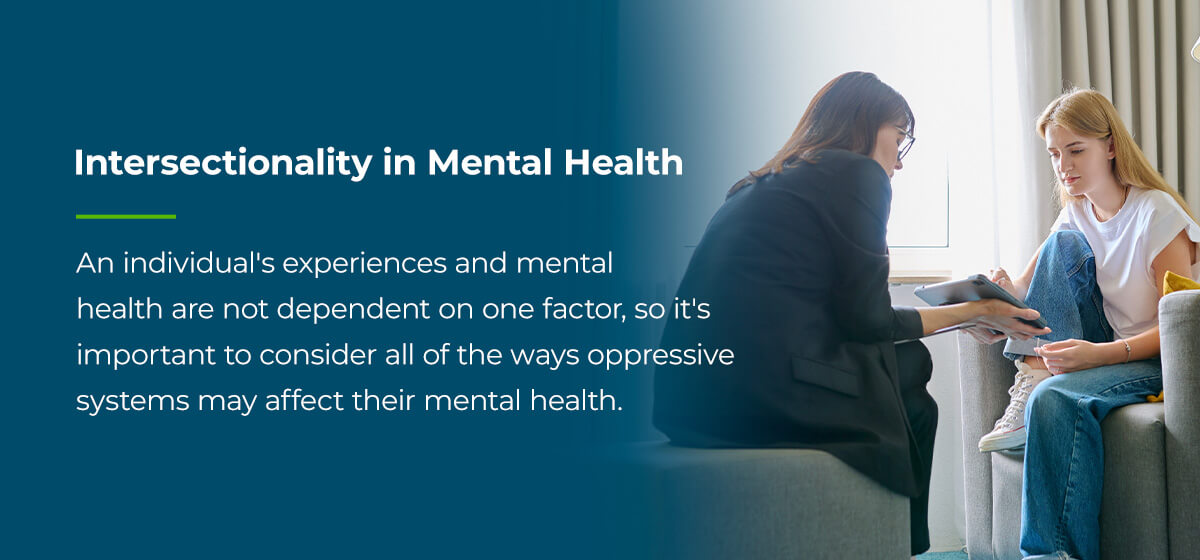
Another significant aspect of Gen Z’s approach to mental health is their emphasis on intersectionality. This generation understands that mental health is influenced by various factors, including race, gender, sexuality, and socioeconomic status. Gen Z advocates for a more inclusive conversation around mental health that considers these intersections.
In 2024, discussions about mental health are increasingly acknowledging the unique challenges faced by marginalized communities. By highlighting these issues, Gen Z is advocating for tailored mental health resources that address the specific needs of diverse populations. This focus on inclusivity ensures that no one is left behind in the quest for mental well-being.
Building Resilience Through Community
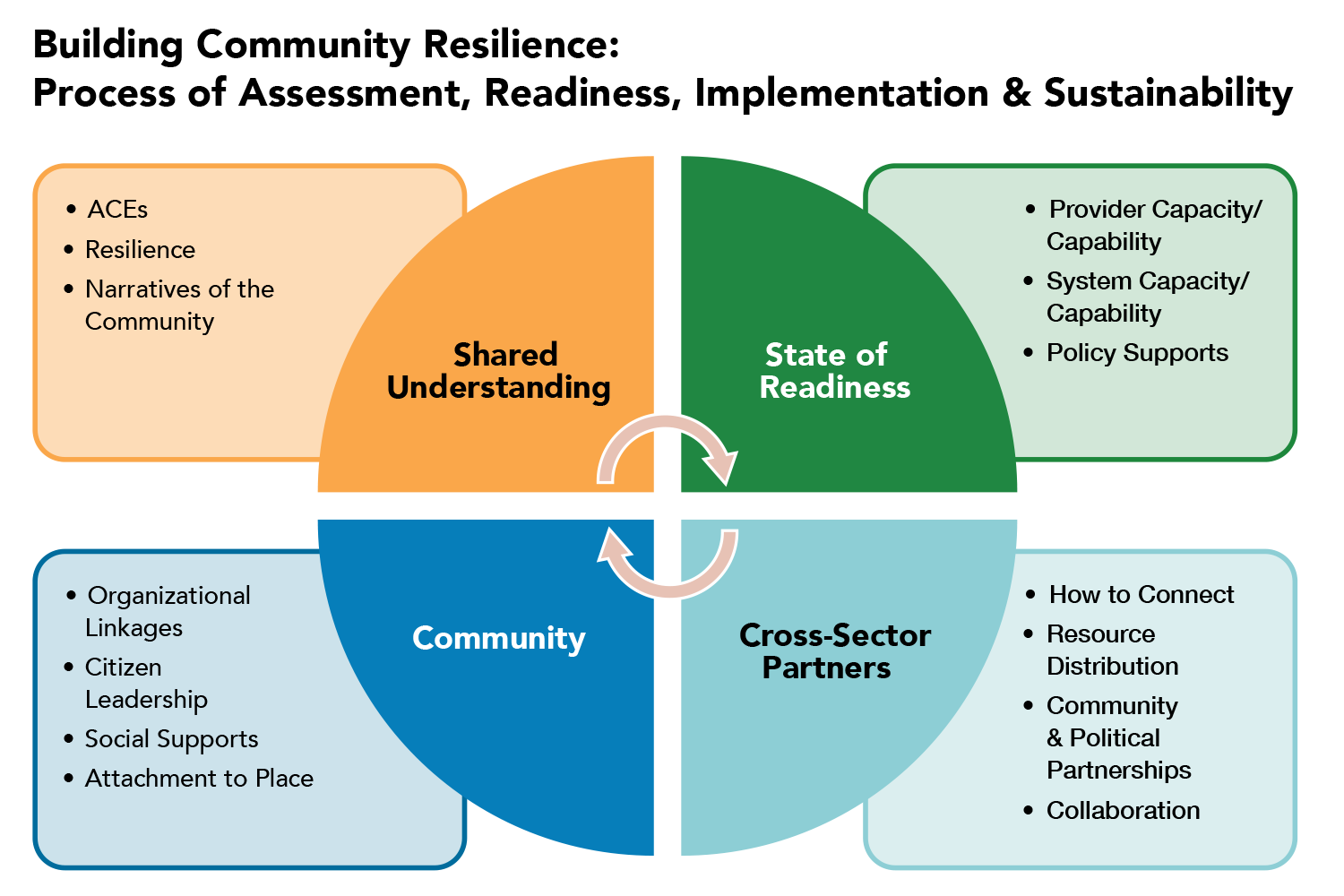
Community plays a vital role in Gen Z’s approach to mental health. Many young people are forming support networks, both online and offline, where they can share their experiences and offer encouragement. These communities provide a sense of belonging, reminding individuals that they are not alone in their struggles.
In 2024, peer-led initiatives and mental health clubs are becoming more common in schools and colleges. These groups empower young people to take charge of their mental health, fostering resilience and camaraderie. By creating spaces for open discussion and support, Gen Z is helping to redefine what mental health advocacy looks like. (Read More : The Impact of Social Media on Youth Mental Health in 2024).
Conclusion article Breaking the Stigma: How Gen Z is Redefining Mental Health Awareness
As we navigate 2024, Generation Z is leading the way in breaking the stigma surrounding mental health. Through open conversations, social media activism, and a focus on inclusivity, they are redefining what it means to prioritize mental well-being. By fostering a culture of acceptance and support, Gen Z is not only improving their own mental health but also paving the way for future generations to embrace vulnerability and seek help without fear. The movement they’re creating is a powerful reminder that mental health matters, and it’s time for everyone to join the conversation.





